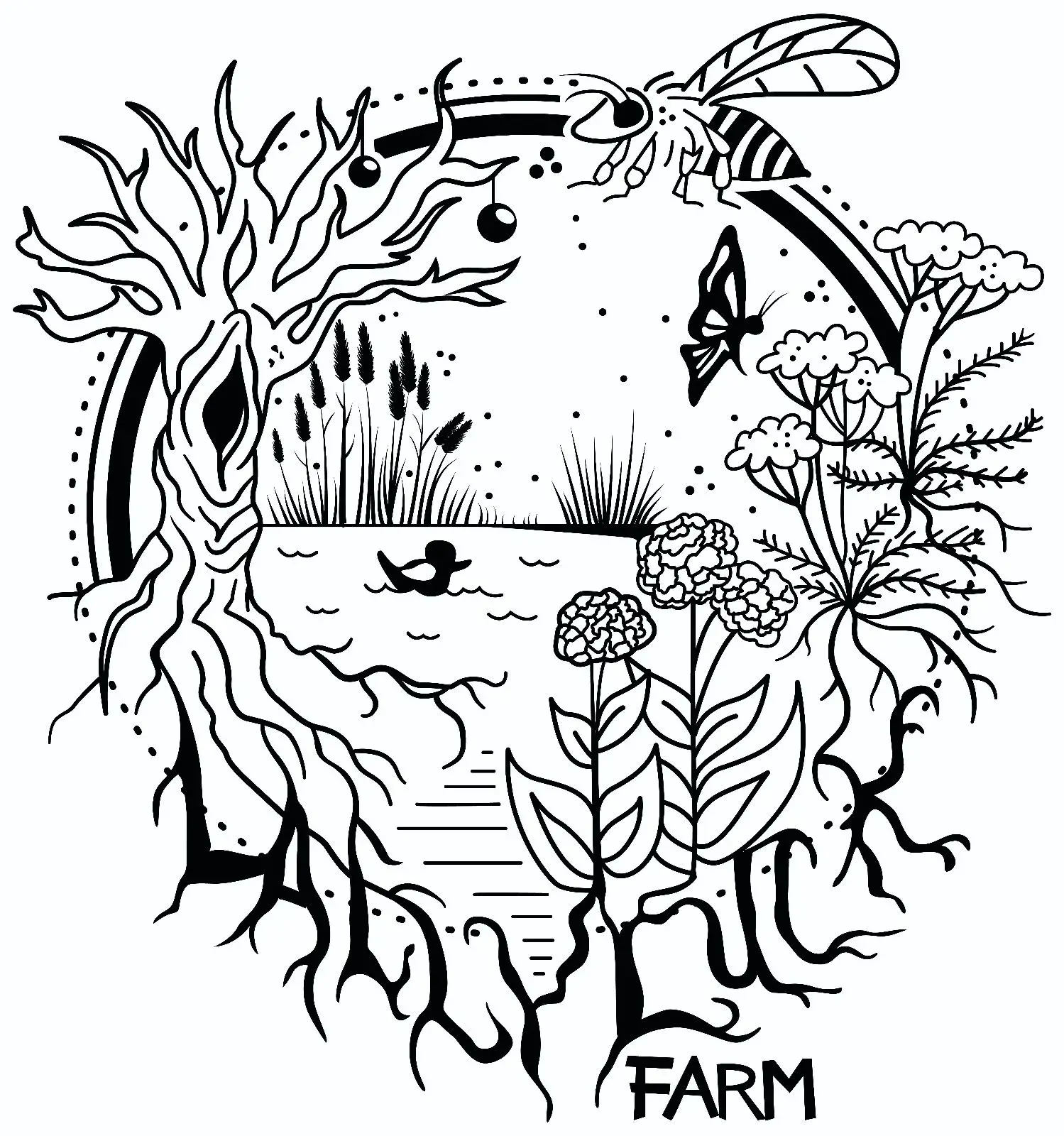Hey there everybody
For folks who are unfamiliar with us, we’re a small scale plant nursery that follows permaculture and regenerative agriculture principles. We’ve used tons of wood chips over the years and we’re getting ready to receive more over today and tomorrow. What would you like to know?


How are the wood chips used? I have read that sawdust isnt really good for a garden.
Are there species of wood that work better than others for your application?
Sawdust or other high carbon/low nitrogen materials do use nitrogen from the surrounding soils - several studies have found that this effect is greatest within ~10mm or so. Materials with high surface area relative to the mass can exacerbate this effect.
We use the largest chips mostly for walking paths and between our rows in the annual veggie gardens. When we find pockets of really fine chips in the pile, we’ll sift those and separate out the super fine material to use as potting mulch for the plants we pot up. The remaining chips are used in our compost piles or as bulk material for hugelkultur style raised gardens.
As far as species selection goes, there’s not much preference. I think a variety of species gives the widest array of nutrients as they break down, which will in turn support a wider array of plants and animals making use of them.
I’m assuming it’s for mulching. Wood chips have different effects on the soil than sawdust because sawdust has a much greater surface area.
Almost all species of tree work well as mulch. But usually you get mix anyway.
We definitely use them for mulching but also as path material, as bulk carbon for compost, and as material for hugelkultur systems.